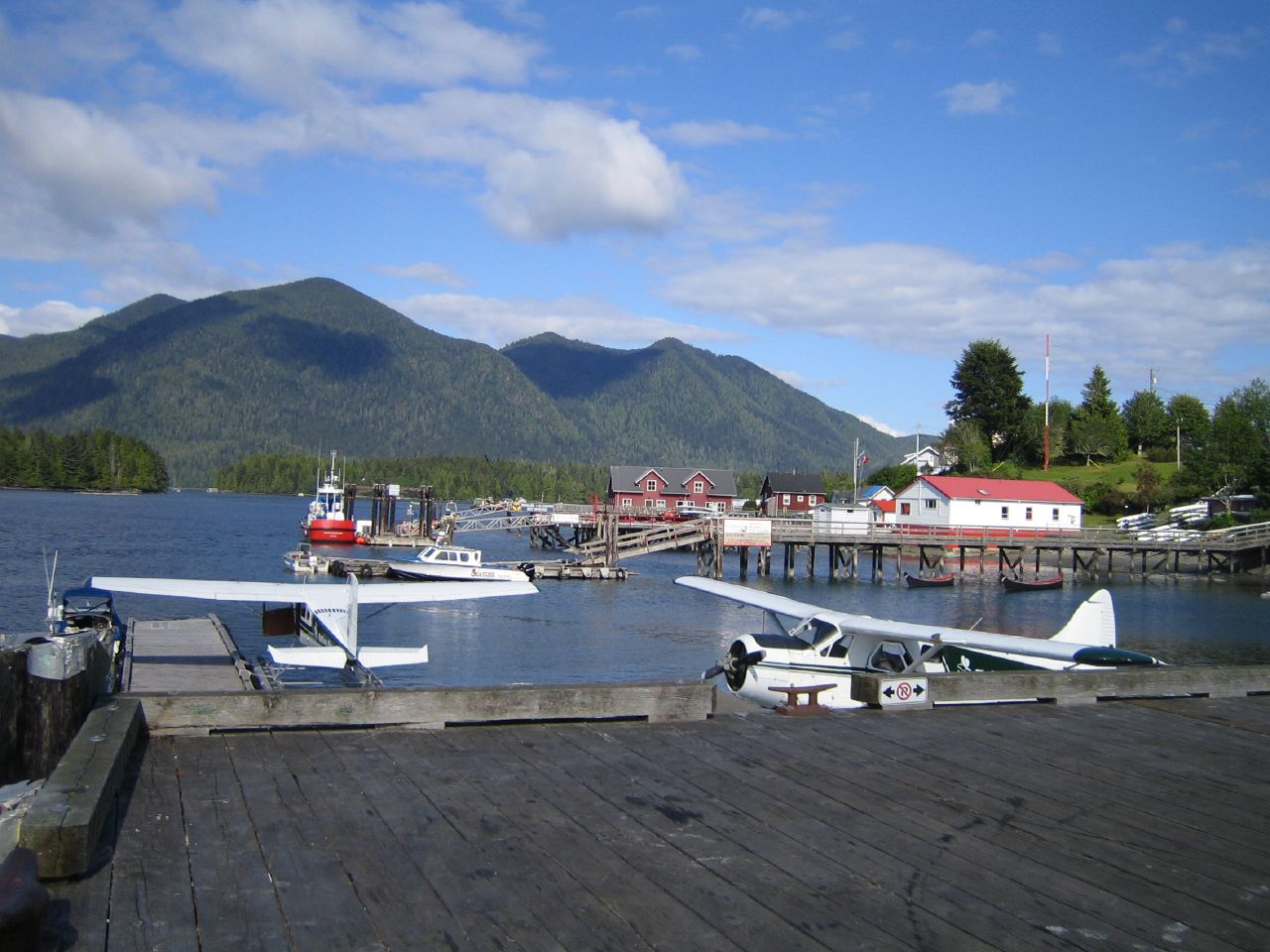
 Several days spent at the end of September at UBCM, the annual gathering of local government officials from around the province was a perfect opportunity for West Coast Environmental Law to connect directly with some of the individuals working on the frontlines to make their communities great places to work and live. While fellow West Coast staff lawyer, Josh Paterson, was busy briefing officials on an emergency resolution related to southern oil tanker traffic, there were also some excellent conversations happening in the corridors on topics ranging from how to assemble support for green infrastructure solutions to addressing local food security. There was plenty of evidence of the thoughtful application of progressive ideas in communities both large and small.
Several days spent at the end of September at UBCM, the annual gathering of local government officials from around the province was a perfect opportunity for West Coast Environmental Law to connect directly with some of the individuals working on the frontlines to make their communities great places to work and live. While fellow West Coast staff lawyer, Josh Paterson, was busy briefing officials on an emergency resolution related to southern oil tanker traffic, there were also some excellent conversations happening in the corridors on topics ranging from how to assemble support for green infrastructure solutions to addressing local food security. There was plenty of evidence of the thoughtful application of progressive ideas in communities both large and small.
It was also clear that local officials see the vital links between nature and their communities. West Coast was very happy to see UBCM voting delegates endorse Resolution B91, which recommends that the Province of BC develop a science-based nature and climate conservation strategy that would:
- Allow more species to survive and adapt to a changing climate;
- Protect the natural carbon stores in our primary and intact forests and other ecosystems;
- Protect water and other vital ecosystem services that support both human well-being and a conservation-based economy; and
- Support sustainable natural resources management that is based on prioritizing the needs of the ecosystems.
Kudos to the District of Tofino and the Association of Vancouver Island and Coastal Communities for bringing Resolution B91 forward.
Broad support for this resolution at UBCM suggests that local governments in BC have made the connection between protecting ecosystems and ensuring community well-being, particularly as we face the challenges of climate change.
This echoes the discussion at West Coast’s February 2011 Dialogue on Nature, Climate and Communities, where leaders from the scientific community, First Nations, provincial government, industry and others agreed on the need to evolve the way we manage the land in BC to address the growing impacts of human activities and climate change.
Support for community engagement in developing a long term vision for managing BC forests has also emerged in the Healthy Forests, Healthy Communities dialogues that are being held around the province.
Hope the Province is listening!
 By Deborah Carlson, Staff Lawyer
By Deborah Carlson, Staff Lawyer